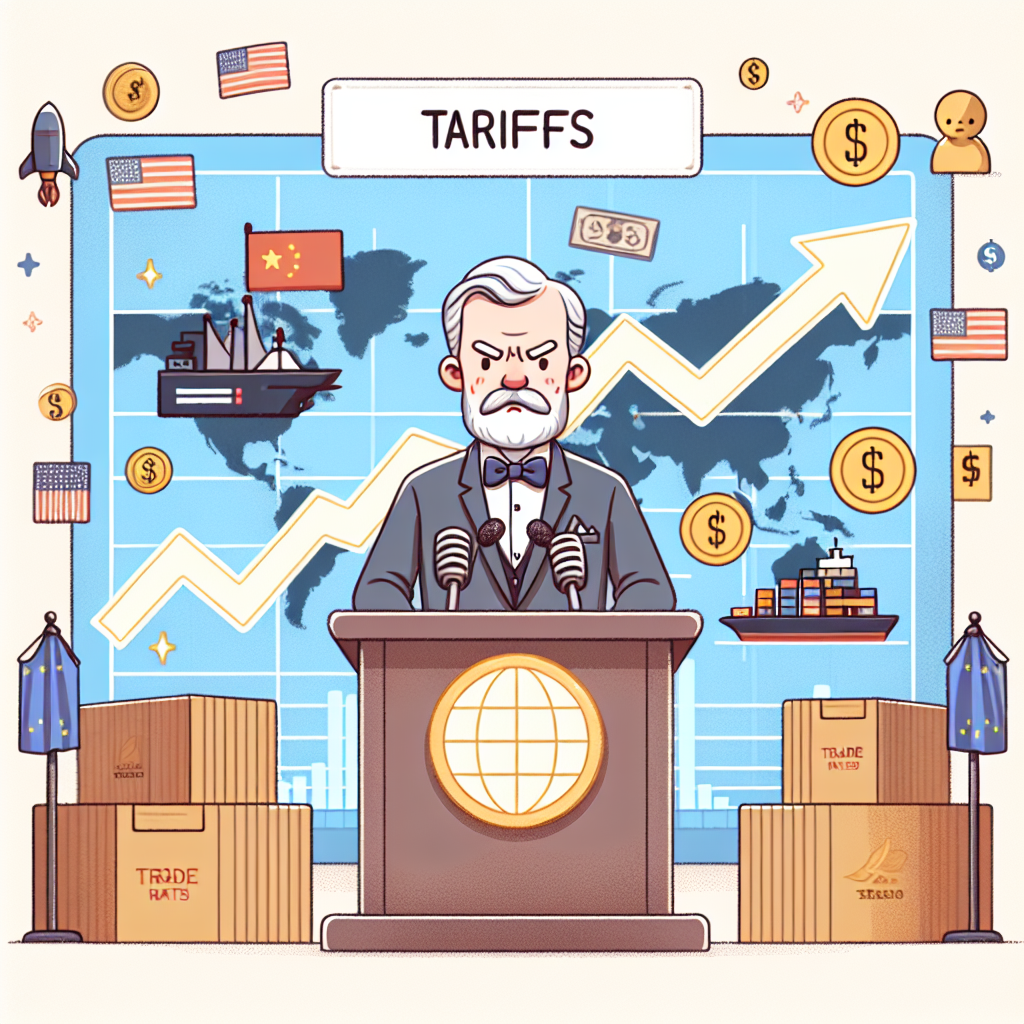Tariffs and Turmoil: The Jobs Report and Its Global Implications
The U.S. jobs market showed unexpected strength in March, adding 228,000 jobs, but President Trump's tariffs are threatening economic stability. Economists anticipate these trade tensions could lead to higher inflation and a volatile labor market. The resilience of industries including healthcare and retail was notable, although future prospects remain uncertain.

The U.S. economy saw a remarkable increase of 228,000 jobs in March, yet this resilience is overshadowed by President Donald Trump's import tariffs, threatening economic stability. The tariffs, higher than expected, have provoked international backlash, particularly from China, and unsettled global markets.
Economists express concerns over the unexpected rise in tariffs and the resulting uncertainty in business confidence. They warn of potential layoffs and supply chain interruptions, which could lead to economic destabilization in the months to come. Retail and healthcare sectors showed strong performance, but future stability is in question.
President Trump's trade policies have also impacted Wall Street, with stocks dipping and financial markets bracing for change. Federal Reserve Chair Jerome Powell has suggested that these tariffs are larger and more impactful than anticipated, hinting at higher inflation and slower growth.
(With inputs from agencies.)










